15 years ago, Ford Motor Company assembled a team of researchers to launch its Research and Innovation Center. Initially a small team, the group has been growing in size, and so has its impact on the automaker and its products. But despite the growth with FoMoCo, its mission — to chart a path for the company to a cleaner, brighter, better world and stronger business — hasn’t changed.
Today, the team is comprised of scientists, mathematicians, computer modelers, and other researchers. Members of the group’s analytics team are building complex mathematical models to assist Ford in sharpening its competitive edge while limiting its environmental impact by recognizing potential risks and opportunities.
“I don’t think it’s a coincidence that Ford now ranks among the greenest brands in the world,” said John Viera, global director of sustainability and vehicle environmental matters. “The company’s investments in the field of big data analytics have continually increased during the last 15 years.”
Some examples of what the group has accomplished over the years include:
- Fuel economy: Developed a science-based model that projects CO2 emissions generated by the fleet of vehicles on roads worldwide for the next 50 years, helping Ford set aggressive fuel economy targets yet remain eco-conscious
- Power of choice: Used science and math to show that one particular form of alternative engine power is unlikely to emerge above all others, helping to make the case for a diversified portfolio of powertrains ranging from EcoBoost engines, hybrid and plug-in hybrid technologies, flex-fuel, all-electric, biodiesel, CNG and LPG
- New features: Created sophisticated mathematical models that optimize millions of possible vehicle combinations to give decision makers the tools to construct an eco-conscious and cost-effective global technology roadmap, resulting in green products such as Ford Auto Start-Stop
- Customer value: Developed specific tools such as the Ford Fleet Purchase Planner, an analytical system that helps fleet customers match their vehicle choices to their needs while helping save money and the planet
Last week, Mr. Viera spoke about Ford’s use of analytics and big data during a panel discussion at the 2013 Net Impact conference in San Jose, California.
Interestingly, Ford thinks about analytics and big data, whether in or out of vehicles, as the the next frontier for innovation, competition, and productivity. The automaker plans to continue expanding its use of big data as more and better technologies, methodologies and datasets emerge.
Take, for instance, the Ford Fusion Energi plug-in hybrid. The vehicle generates roughly 25 gigabytes (yes, gigabytes!) of data every hour. This is data that can be useful for further improvements in fuel economy and reducing vehicle emissions. Coincidentally, Ford researchers are already experimenting with vehicles that generate 10 times as much data – 250 gigabytes – per hour.
Some of the other areas Ford is exploring for green analytics potential include:
- Green routing, which optimizes driving routes to reduce a vehicle’s impact on local air quality in specific locations, such as near hospitals, schools and in high density residential areas
- Statistical analysis of vehicle usage data to provide insight into consumer acceptance of electric vehicles and the electrification of personal transportation
- Optimal use of current and future biofuels
- Demand and availability of strategic materials used in powertrains, including rare earth elements, lithium and platinum group metals
- Life-cycle analysis tools aimed at measuring energy and water use – along with greenhouse gas emissions – associated with alternative fuels and materials
- Further expanding the number of environmentally friendly components in Ford vehicles
“There are so many amazing possibilities to consider for the future impact of data,” said Mr. Viera. “The possibilities are not only exciting, they are, in fact, almost endless.”
The Motrolix Take
Ford is as much an automaker as it is a technology company, so it only makes sense for the firm to engage itself in this fairly complex stuff that, like most other complex things, has significant potential.
Here’s to the next series of data- and analytics-driven insights and improvements, big or small.

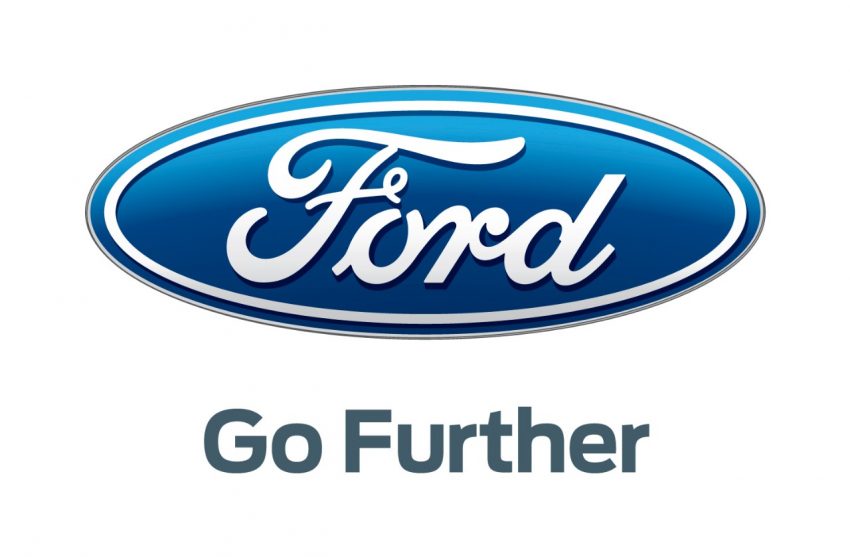
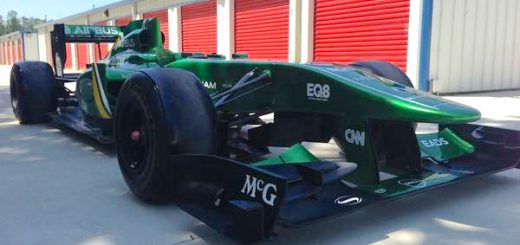



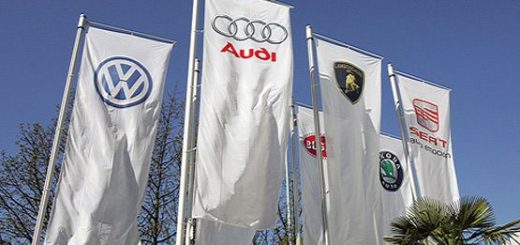
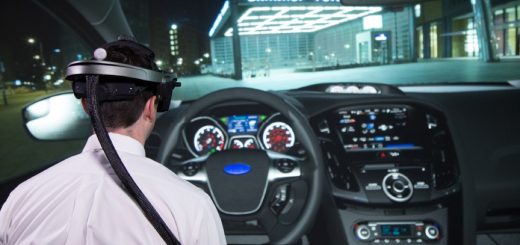
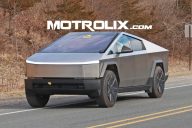





No Comments yet